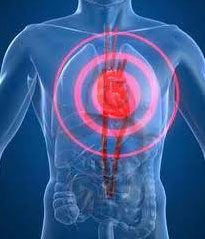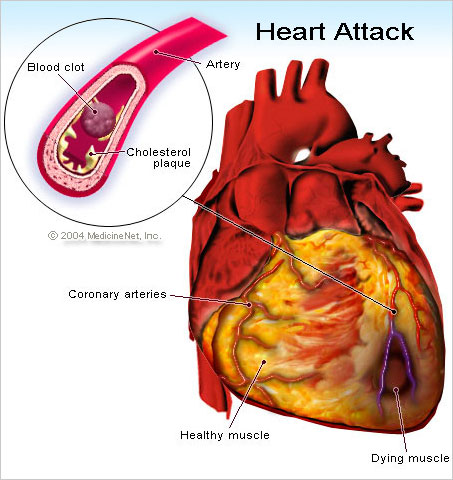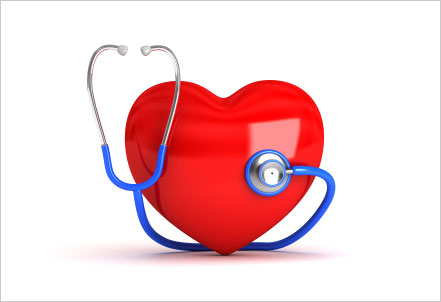Definition
Chest pain comes in many varieties, ranging from a sharp stab to a dull ache. Some types of chest pain can be described as crushing or burning. In certain cases, the pain travels up the neck, pierces through to the back or radiates down one or both arms.
Many different types of problems can cause chest pain. The most life-threatening ones involve the heart or lungs. Because it can be difficult to determine what exactly is causing chest pain, it’s best to seek immediate medical help.
Chest Pain
Symptoms
A wide range of health problems can cause chest pain. In many cases, the underlying cause has nothing to do with your heart — though there’s no easy way to tell without seeing a doctor.(1) Heart-related chest pain: Although chest pain is commonly attributed to heart disease, many heart patients experience a vague discomfort and they often specifically mention that pain does not seem to be an adequate description. In general, chest discomfort related to a heart attack or another heart problem may be associated with one or more of the following: Pressure, fullness or tightness in your chest, Crushing or searing pain that radiates to your back, neck, jaw, shoulders and arms — particularly your left arm, Pain that lasts more than a few minutes, goes away and comes back or varies in intensity, Shortness of breath, sweating, dizziness or nausea

Heart-related Causes
Examples of heart-related causes of chest pain include:
- Heart attack: A heart attack is a result of a blood clot that’s blocking blood flow to your heart muscle.
- Angina: Thick plaques can gradually build up on the inner walls of the arteries that carry blood to your heart. These plaques narrow the arteries and restrict the heart’s blood supply, particularly during exertion.
- Aortic dissection: This life-threatening condition involves the main artery leading from your heart — your aorta. If the inner layers of this blood vessel separate, blood will be forced between the layers and can cause the aorta to rupture.
- Pericarditis: This condition, an inflammation of the sac surrounding your heart, is short-lived and often related to a viral infection.

Imaging Tests
Some of the first tests you may undergo include:
- Electrocardiogram (ECG): This test records the electrical activity of your heart through electrodes attached to your skin. Because injured heart muscle doesn’t conduct electrical impulses normally, the ECG may show that a heart attack has occurred or is in progress.
- Blood Tests: Your doctor may order blood tests to check for increased levels of certain enzymes normally found in heart muscle. Damage to heart cells from a heart attack may allow these enzymes to leak, over a period of hours, into your blood.
- Chest X-ray: An X-ray of your chest allows doctors to check the condition of your lungs and the size and shape of your heart and major blood vessels. A chest X-ray can also reveal lung problems such as pneumonia or a collapsed lung.

